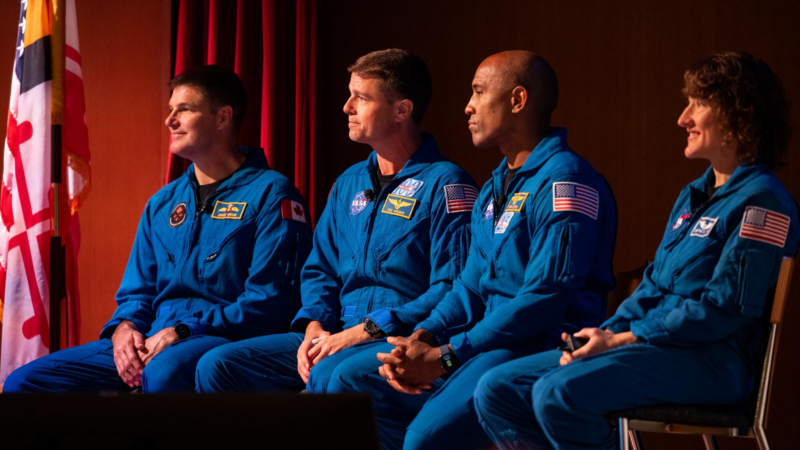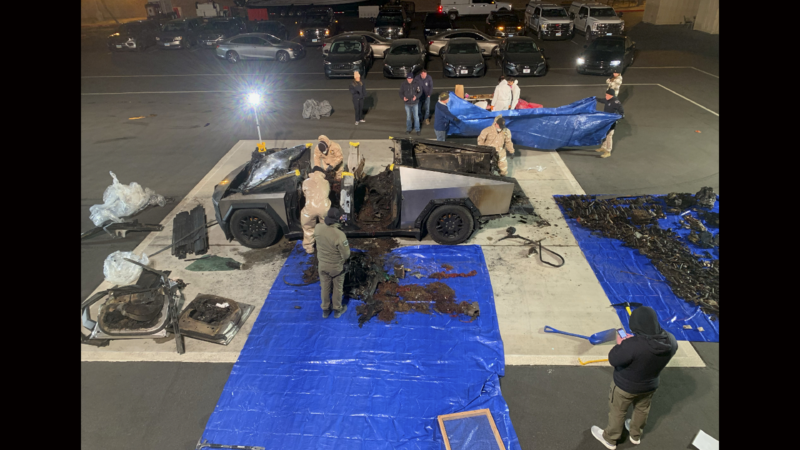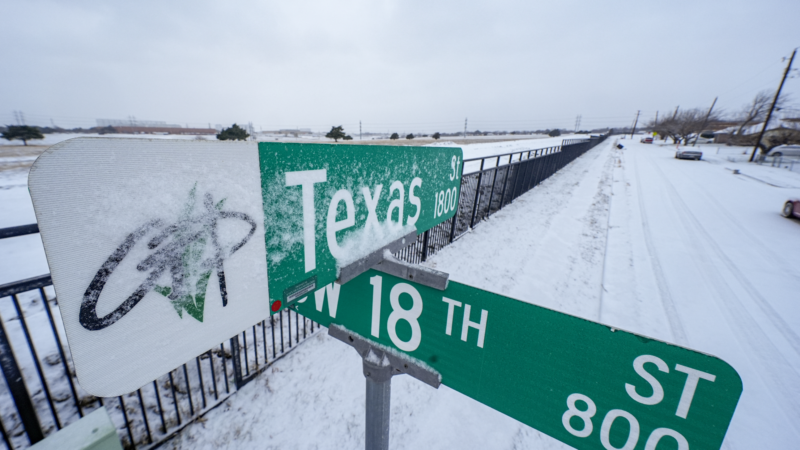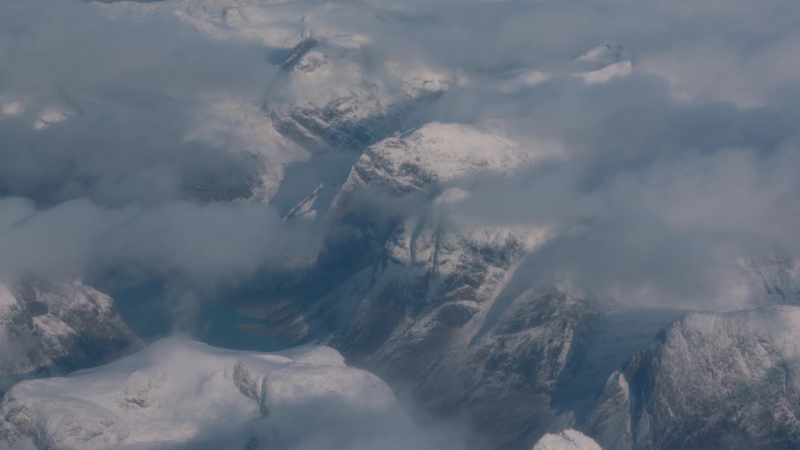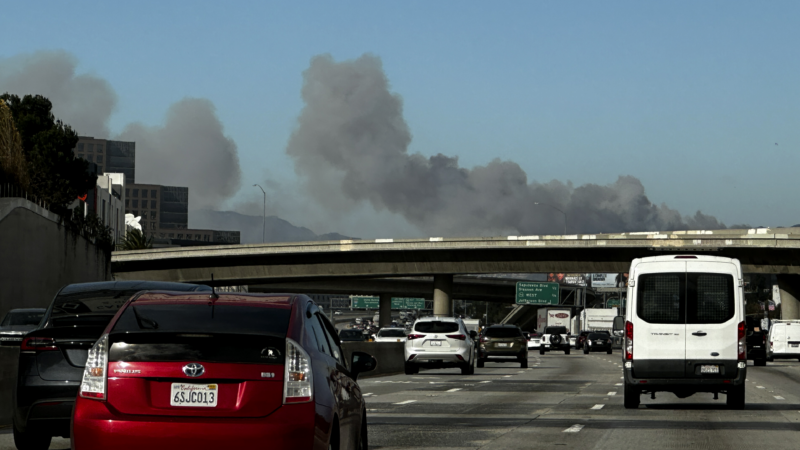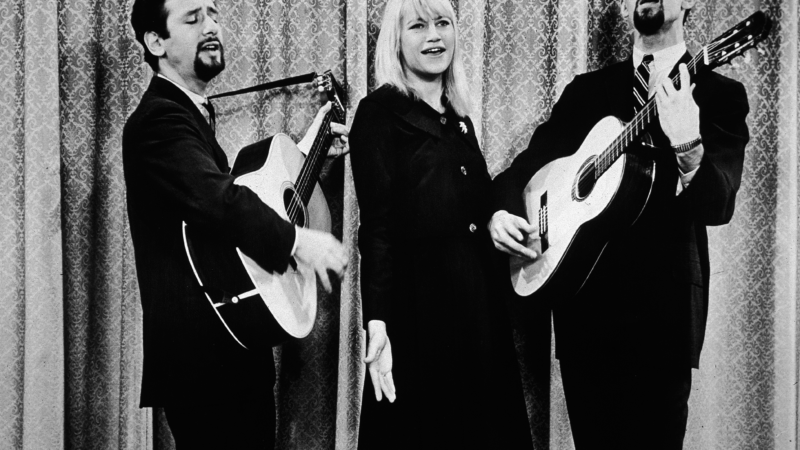NASA delays Artemis II human moon mission once again as it wraps up heat shield investigation
The launch of NASA’s first human mission to the moon carrying three U.S. astronauts and one Canadian astronaut has been delayed once again, after a lengthy investigation into the heat shield used on the mission’s crew capsule.
The Artemis II mission, which was targeting liftoff for late 2025, will now launch no earlier than April, 2026. The mission will send NASA’s Reid Wiseman, Victor Glover and Christina Koch, along with Canadian Space Agency astronaut Jeremy Hansen, on a trip around the moon and back, testing key systems of the Orion space capsule like its life support hardware.
The following mission, Artemis III, will bring astronauts to the lunar surface in mid-2027 using SpaceX’s Starship, a commercially built and launched spacecraft currently in development.
The news of the delay comes after a lengthy investigation into issues related to the Orion spacecraft’s heat shield that were uncovered during an uncrewed test mission in late 2022. After the capsule returned to Earth, engineers uncovered charred bits of the heat shield–tasked with protecting the crew from temperatures of nearly 5,000 degree Fahrenheit during re-entry–had broken off unexpectedly.
“Space is demanding,” said NASA administrator Bill Nelson at a press conference on Thursday announcing the delay. The additional months give teams the needed “time to make sure that the Orion capsule is ready to safely deliver our astronauts to deep space and back to Earth.”
NASA uncovered the root cause of the issue, which was in part due to the amount of time the spacecraft spent in the atmosphere during re-entry. The agency determined that the heat shield would be safe for Artemis II and its human crew, with changes to the trajectory of the spacecraft’s return that would limit the amount of time it spent enduring the heat of re-entry.
“Sometimes in space, delays are agonizing. Slowing down is agonizing, and it’s not what we like to do,” said Artemis II commander Wiseman, but the investigation was important for the future of NASA’s moon missions.
“We really appreciate the willingness to take the risk to actually slow down and understand the root cause, determine the path forward [and] corrective action for Artemis II and Artemis III.”
Man who exploded Cybertruck in Las Vegas used ChatGPT in planning, police say
The highly decorated soldier who exploded a Tesla Cybertruck outside the Trump hotel in Las Vegas used generative AI including ChatGPT to help plan the attack, Las Vegas police said Tuesday.
Wild weather brings snow to the South and Santa Ana winds to the West
As the South prepped for snow and more cold starting Wednesday, residents in Southern California faced off with hurricane-strength winds.
What to know about Trump and his keen interest in Greenland
President-elect Donald Trump has said multiple times that the U.S. should buy Greenland, an autonomous territory of Denmark. The sparsely populated island is geopolitically important and mineral-rich.
There’s great TV coming in January, from ‘Severance’ Season 2 to a Jerry Springer doc
There is a lot of TV on deck in the new year – including multiple medical dramas, a violent Netflix drama about Utah settlers in the 1850s, plus, cop shows, Westerns and documentaries.
Life-threatening windstorm triggers wildfire in Southern California
Southern California hasn't seen significant rainfall since last April, and a pileup of dry fuel in combination with the winds has the region on edge. A mandatory evacuation order was issued for the Palisades.
Peter Yarrow of the folk trio Peter, Paul and Mary has died at 86
Yarrow wrote or co-wrote some of the group's biggest 1960s hits, including "Puff, the Magic Dragon" and "Day Is Done."
